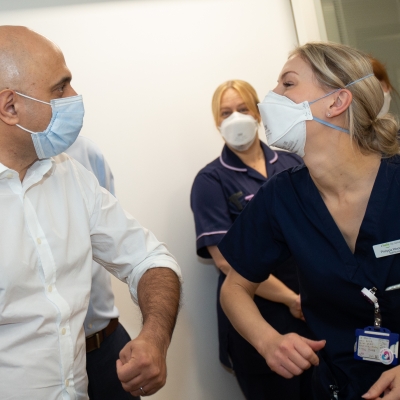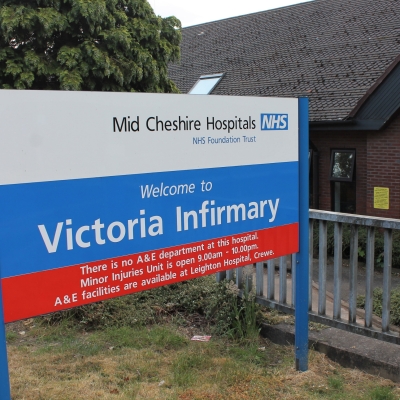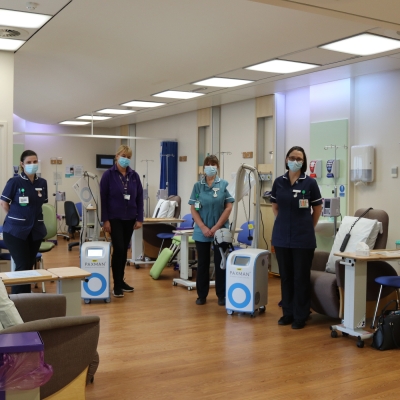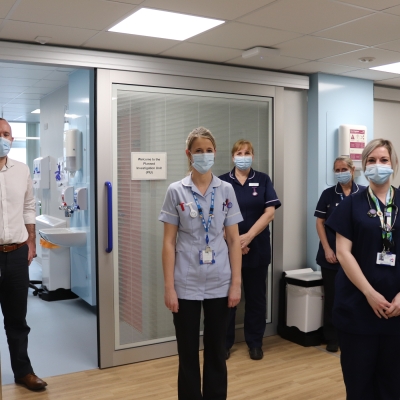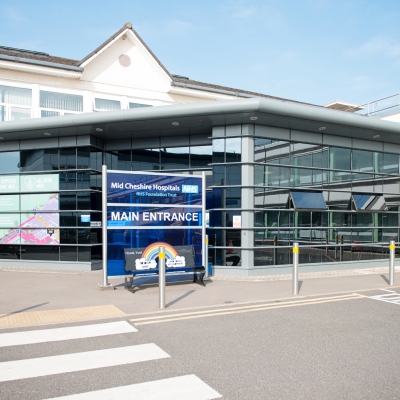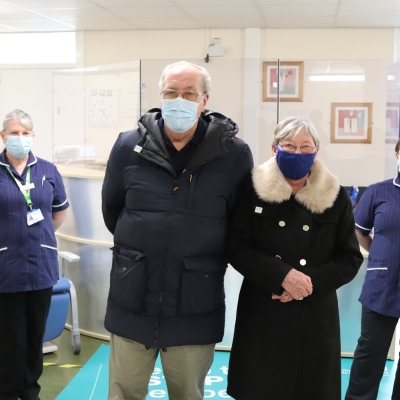Publish date: 18 November 2022
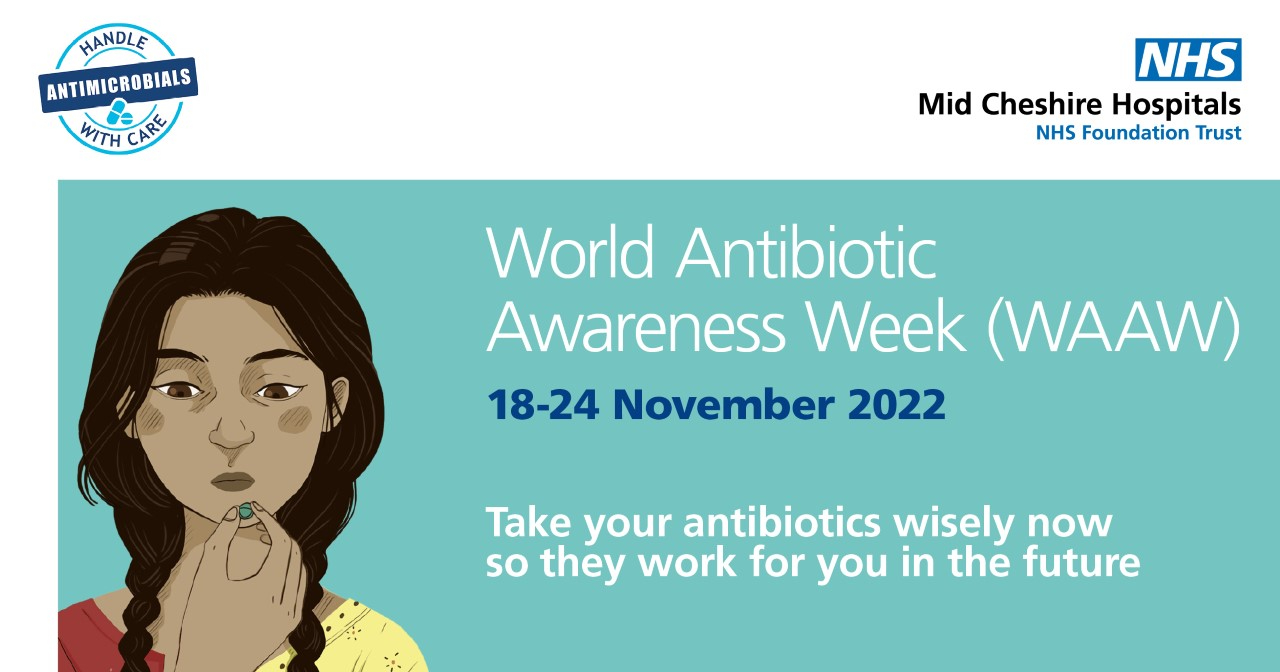 Today (Friday 18th November) marks the start of World Antimicrobial Awareness Week (WAAW) and Mid Cheshire Hospitals’ Infection Prevention Doctor talks about the importance of using antibiotics correctly to prevent resistance.
Today (Friday 18th November) marks the start of World Antimicrobial Awareness Week (WAAW) and Mid Cheshire Hospitals’ Infection Prevention Doctor talks about the importance of using antibiotics correctly to prevent resistance.
Dr Elijah Matovu is a Consultant Medical Microbologist as well as being Mid Cheshire’s Infection Prevention Doctor. During WAAW he is passionate about getting the message out that if we don’t use antibiotics appropriately now, they will not work for us in the future and that ultimately could be life threatening. The medical term for this is Antimicrobial resistance (AMR).
Dr Matovu shares his message: “At the moment we are able to treat people and help them manage their recovery from infections. Increasingly though we are seeing a resistance to antibiotics as a result of people either not finishing their course of antibiotics, keeping and using old medication or taking them inappropriately. For example, antibiotics don’t treat viruses so shouldn’t be taken for a common cold/flu.
“If we don’t stop this growing trend then when we need antibiotics the most, for many people they simply won’t work. We need to spread the word and work together to get across this message across. That is why this year’s WAAW is named “Preventing antimicrobial resistance together”.
AMR is a threat to humans, animals, plants and the environment. It affects us all. This year's theme calls for cross-sectoral collaboration to preserve the efficacy of these important products.
Antimicrobial agents, including antibiotics, have saved millions of lives by substantially reducing the burden of diseases in people, animals, and plants and hence improving quality of life, contributing to better food security and safety, and aiding to increased life expectancy.
Dr Matovu concludes: “For me, personally, I would like to be able to have viable antibiotics to treat me in my later years. For this reason, I am passionate about increasing awareness of global antimicrobial resistance and to encourage best practices among the general public, health workers and policy-makers to avoid the further emergence and spread of antimicrobial resistance. I’d urge you to share this information with your family, friends and community.”
